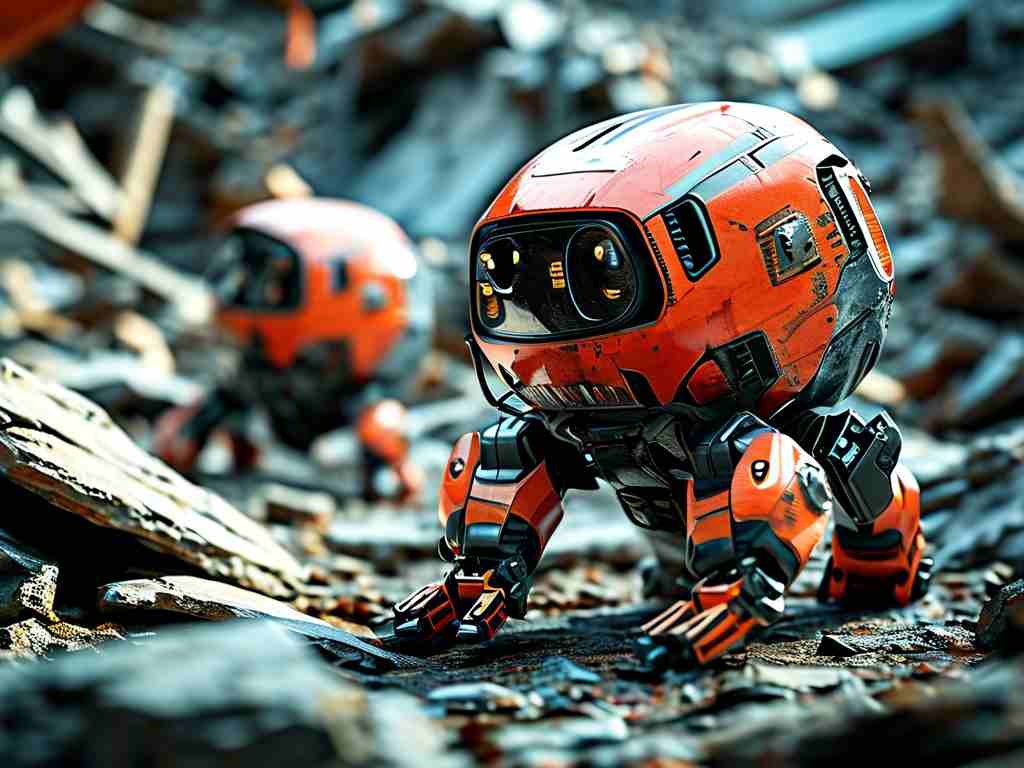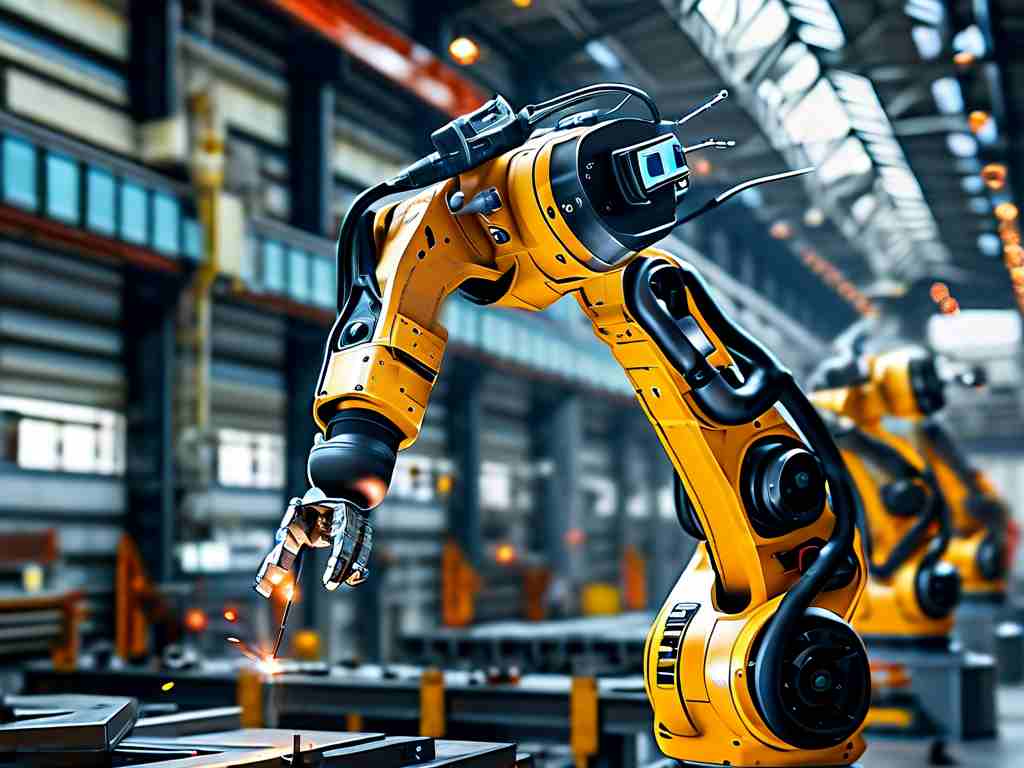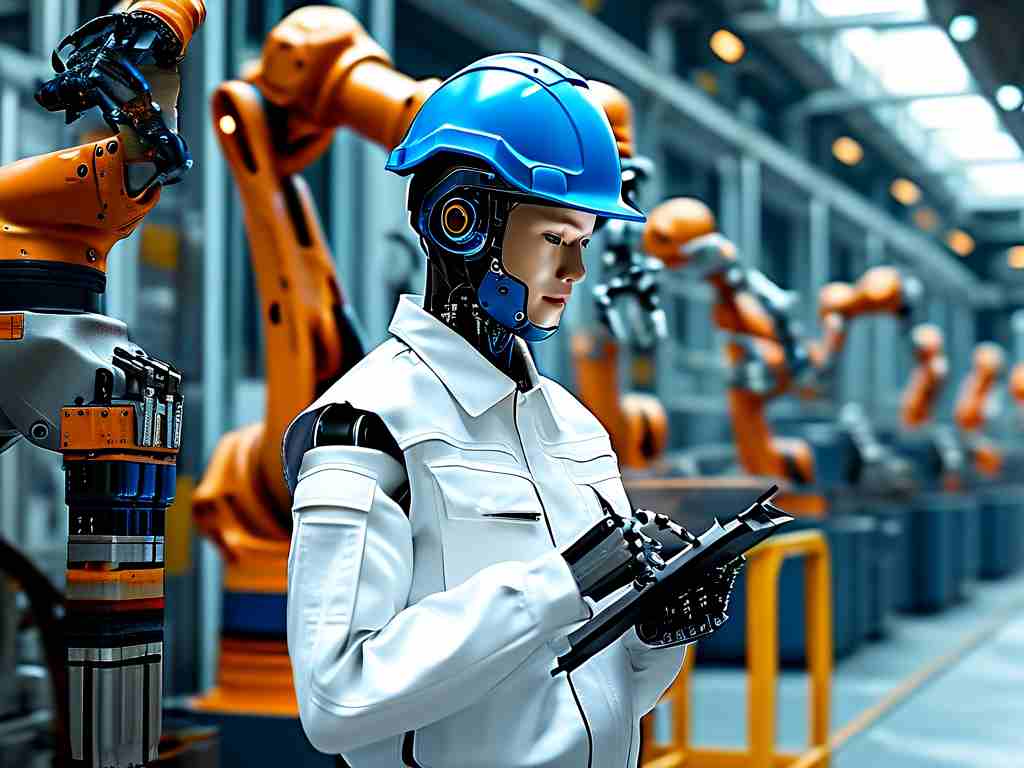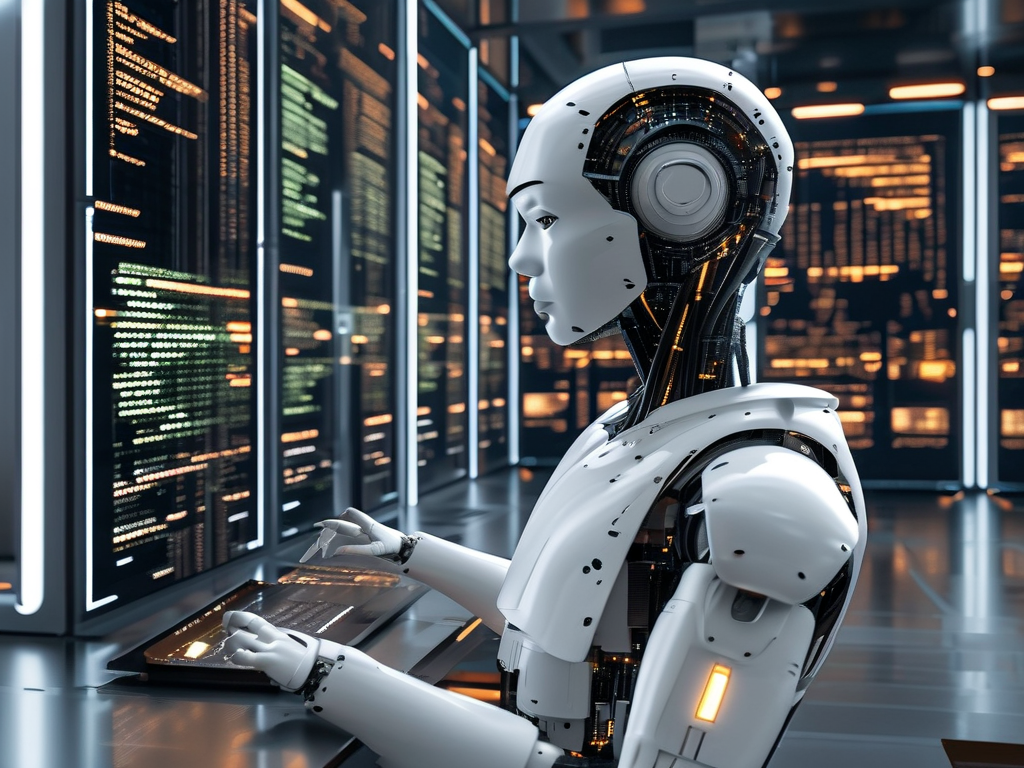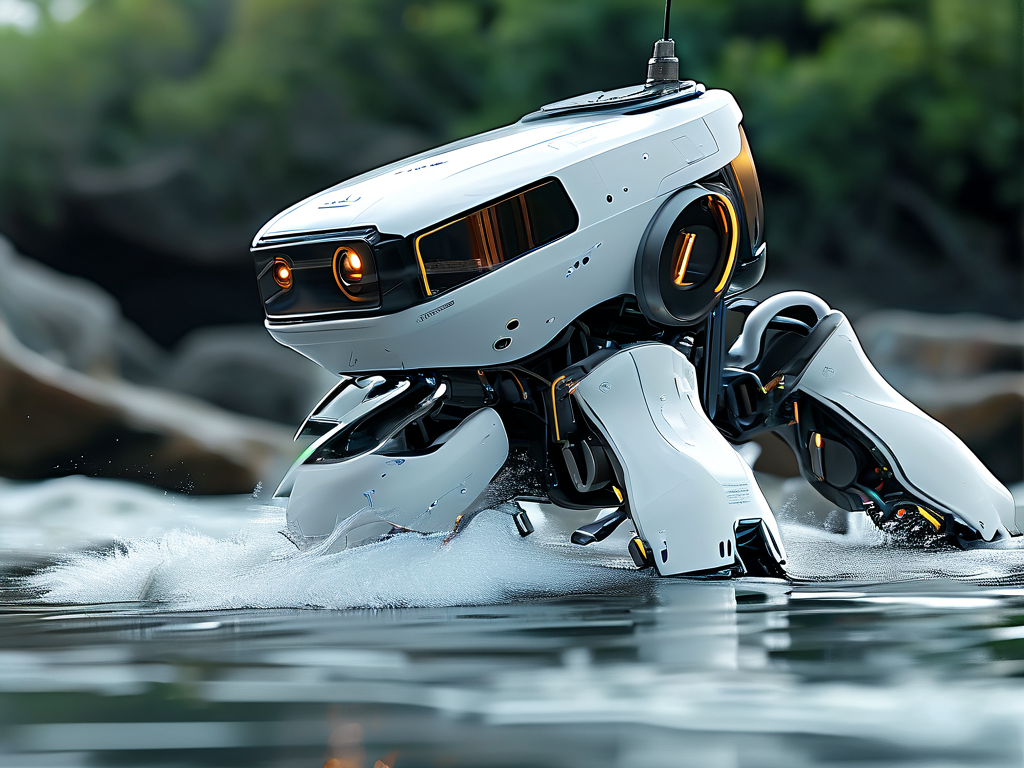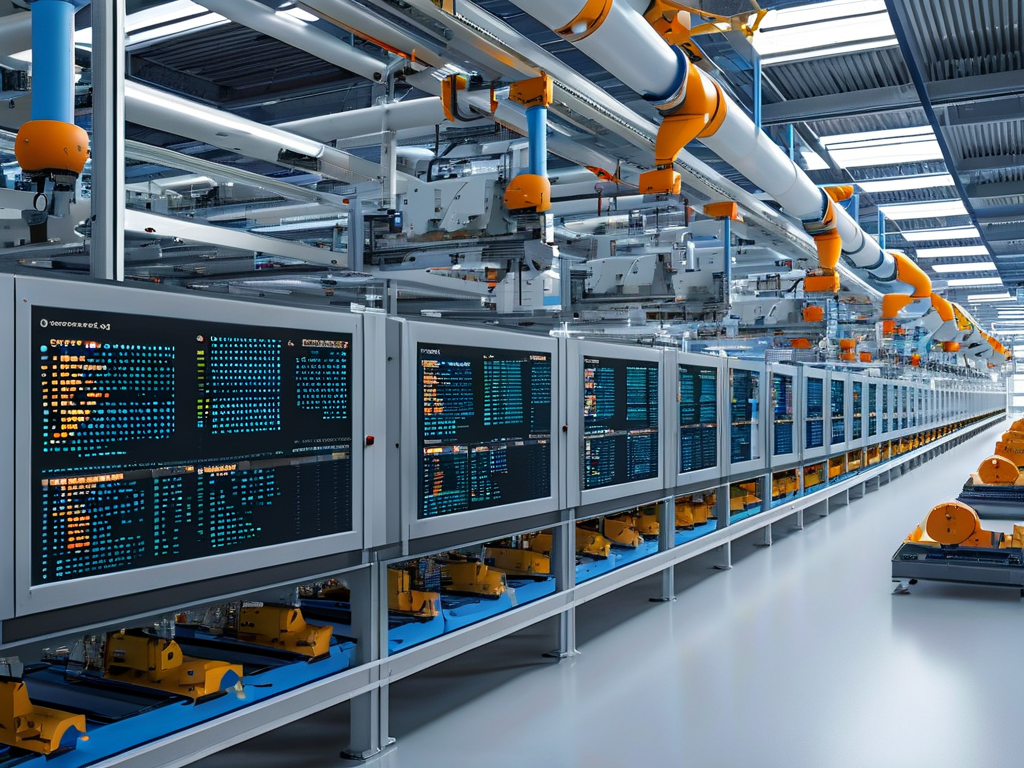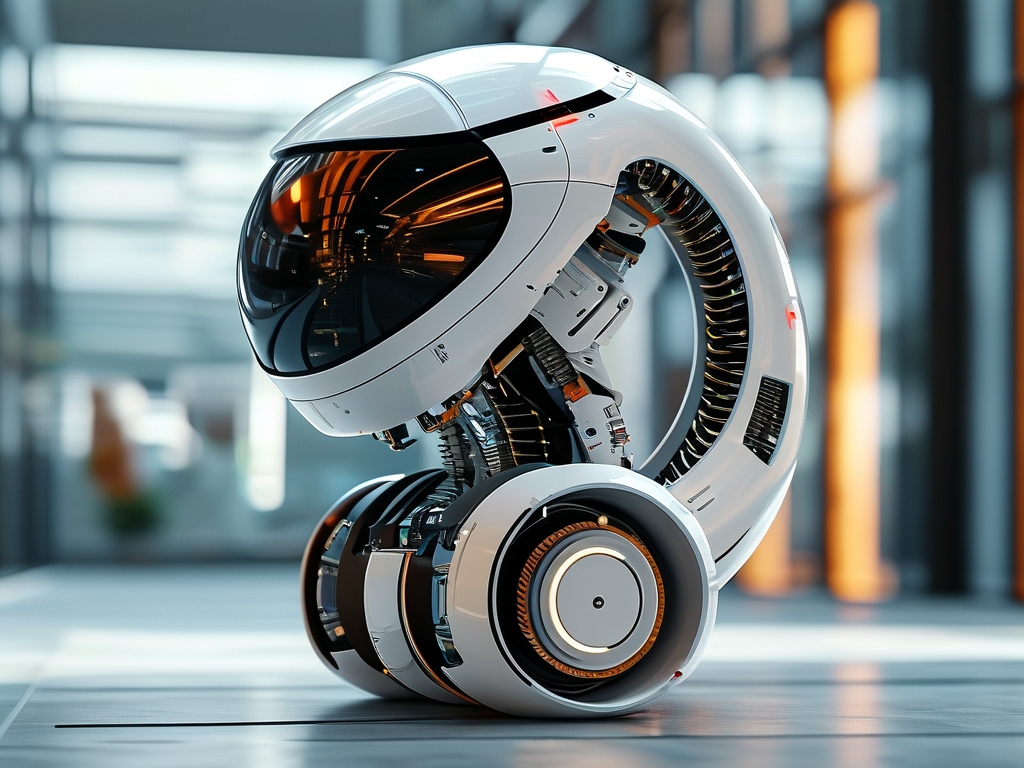In the rapidly evolving landscape of industrial automation, Jimei Robotics has emerged as a trailblazer, offering cutting-edge robotic solutions tailored to modern manufacturing challenges. With a focus on precision, adaptability, and scalability, the company’s services are redefining how industries approach automation, enabling businesses to streamline operations while maintaining competitive agility.
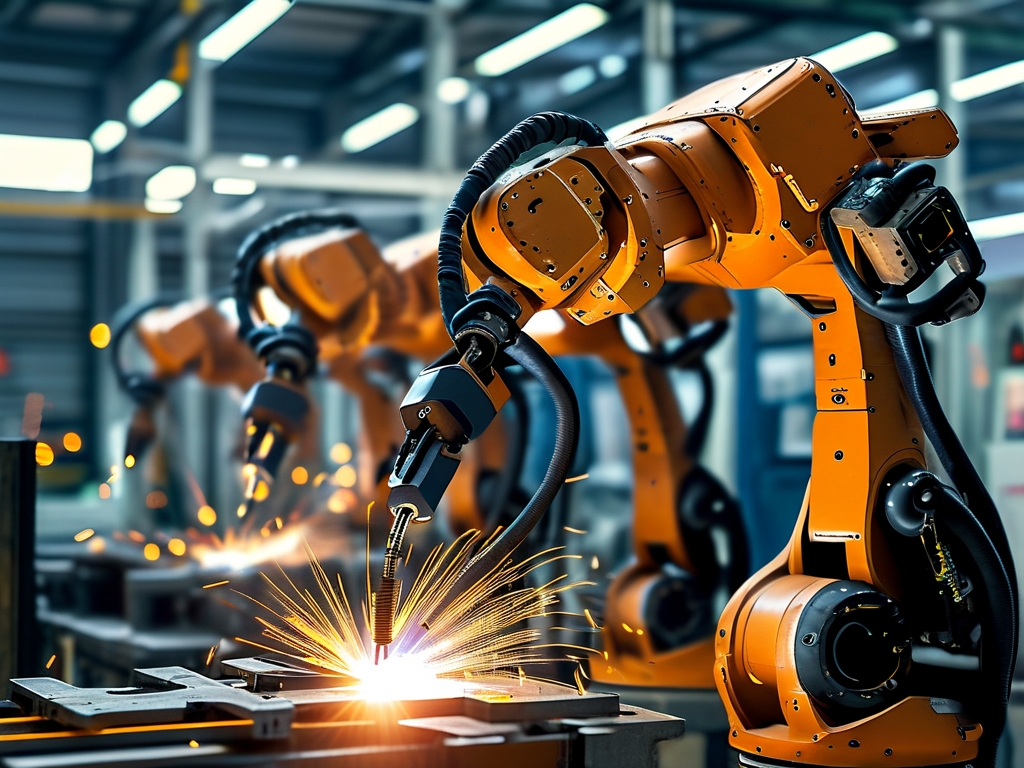
Bridging the Gap Between Technology and Practical Application
Jimei Robotics distinguishes itself by prioritizing real-world applicability. Unlike generic automation providers, the company designs systems that integrate seamlessly into existing workflows. For example, its proprietary vision-guided robotic arms are deployed in automotive assembly lines to handle tasks ranging from precision welding to component inspection. These systems leverage machine learning algorithms to adapt to variations in part dimensions, reducing error rates by up to 34% compared to conventional automation tools.
One notable case study involves a collaboration with a leading electric vehicle manufacturer. By implementing Jimei’s modular robotic cells, the client reduced production cycle times by 22% while achieving a 99.6% defect-free output rate. Such outcomes underscore the company’s commitment to delivering measurable ROI.
Customization at the Core
A hallmark of Jimei Robotics is its emphasis on bespoke solutions. The team conducts exhaustive on-site assessments to identify bottlenecks unique to each client. For instance, a food packaging firm struggling with irregularly shaped products partnered with Jimei to develop grippers equipped with tactile sensors and adaptive force control. This innovation slashed product damage rates by 41% and increased throughput by 18%.
The company also addresses scalability concerns. Its “plug-and-produce” architecture allows clients to incrementally expand automation capabilities without overhauling entire systems. This approach proved critical for a mid-sized electronics manufacturer navigating fluctuating demand, enabling them to scale robotic units up or down within 72 hours.
Sustainability Through Innovation
Jimei Robotics integrates sustainability into its engineering ethos. Energy-efficient servo motors and regenerative braking systems in its robots reduce power consumption by an average of 27%. Additionally, the company’s remanufacturing program extends the lifecycle of decommissioned industrial robots by up to eight years, diverting over 12,000 metric tons of e-waste from landfills since 2020.
A recent breakthrough involves AI-driven predictive maintenance tools. By analyzing vibration patterns and thermal data, these systems forecast equipment failures with 89% accuracy, minimizing unplanned downtime. A pharmaceutical client reported a 31% reduction in maintenance costs after adopting this technology.
Navigating Challenges in Human-Robot Collaboration
While automation delivers efficiency, Jimei recognizes the importance of human-centric design. Its collaborative robots (cobots) feature advanced safety protocols, including force-limiting joints and real-time proximity detection. In a joint initiative with a logistics provider, Jimei deployed cobots that work alongside warehouse staff to sort parcels, improving order fulfillment speed by 40% without compromising safety.
Training programs further ease workforce transitions. The company’s VR-based simulation platform has trained over 3,500 technicians to operate and troubleshoot robotic systems, bridging the skills gap in automation-driven environments.
Future Horizons
Looking ahead, Jimei Robotics is investing heavily in swarm robotics and edge computing. Early trials of its decentralized robotic fleets in agricultural settings have demonstrated a 50% reduction in pesticide usage through targeted application. Meanwhile, edge-AI modules embedded in factory robots now process data locally, slashing latency by 93% in quality control applications.
As industries grapple with labor shortages and sustainability mandates, Jimei’s blend of innovation and pragmatism positions it as a critical ally in the Fourth Industrial Revolution. By continually pushing the boundaries of what robotics can achieve, the company isn’t just automating processes—it’s reshaping the future of manufacturing itself.


